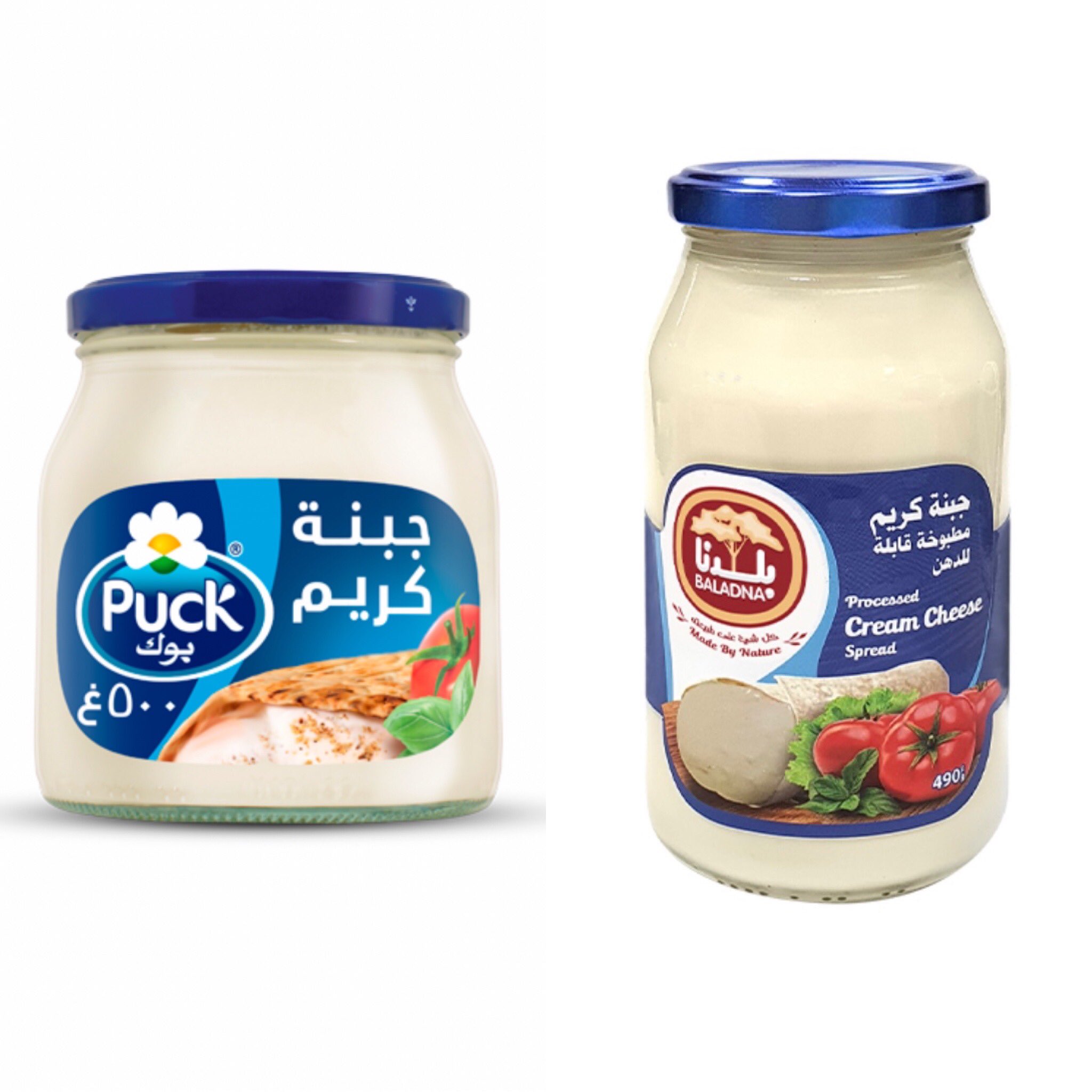A debate over apparent monopolistic practices in the local food industry has been taking place online after people in Qatar noticed the “disappearance” of some imported cheese products.
Twitter users in Qatar took to the social media platform to call for preserving brand diversity amid concerns over what some have described as “monopolistic” practices by local dairy producers, forcing consumers to purchase products of specific Qatari brands.
The calls were raised under the hashtag #Save_Cheese_From_Monopoly, where the local community flooded Twitter feed with images of Puck and Baladna cream cheese, expressing concerns over the latter’s dominance in supermarket shelves. Within hours the hashtag was trending.
“We noticed the disappearance of white cheese a year and a half ago, feta cheese, and Puck’s white cheese also disappeared and we stayed silent. But we will not remain silent when you withdraw all of them to satisfy other companies,” one Twitter user said.

Another said that “the consumer has the right to choose the product of their preference and forcing a consumer to [purchase] a specific brand is odd”.

Ironically it’s that choice that led many in Qatar to willingly boycott some of these cream cheese brands when a public call to stop buying French products received widespread support from members of the community in the wake of increased French Islamophobia and racism.
Some also stated that they were unaware of the situation until the hashtag trended in Qatar and their friends made similar complaints.
“I swear I didn’t know about the cheese situation until my friends complained in our group chat…if it’s about cheese, then the issue is simple. The [real] issue is forcing people to commit to a specific [brand] for the benefit of others,” said one Twitter user.

Cheese preferences aside, many pointed towards the importance of having a robust market of food products in the country.
“We hope to see a competitiveness among farms and other food producers and creativity [in their production], such as Dandy, Ghadeer, Al Maha, Al Wajba among others rather than being limited to one specific company,” another user commented.

People have also expressed fears about the potential disappearance of a wider range of dairy products, such as chocolate milk.
“After the disappearance of Puck cheese under mysterious circumstances, the next thing is expected to be the disappearance of KDD chocolate milk in a series of arbitrary disappearances in the corporate world,” Tweeted one person.

Meanwhile, others took the situation with a lighter tone, calling on people to “take a selfie with the brands” before they completely vanish from local supermarkets.
People joked that they were willing to “travel” to neighboring countries, such as Saudi Arabia, to stock up on the “disappearing” products.
“I will take a vacation and take a PCR test [to] get in my car and drive to Saudi Arabia to buy Kraft and Kerry cheese that is valid for a year,” suggested another user.

Leading local dairy brand Baladna was at the centre of the online debate, given its rise to popularity in recent years, especially after the 2017 blockade, when neighboring Gulf countries imposed an illegal air, land, and sea blockade on Qatar.
Read more: GCC crisis: Where does Qatar stand with former blockading quartet?
The sudden act disrupted Qatar’s food security — at the time, the country relied on imported goods for more than 80% of its food needs.
Amid the Twitter debate, some pointed towards “contradictory” views, as there was wide praise for national brands during the time of the crisis.
“But why were you praising national products like Baladna, Al Wajbah, and others during the blockade to the point where you were going to create a statue for both companies and now you turned against them and want Saudi and Danish products,” another user stated.
Local support for companies grew with increased nationalism and a greater sense of defiance during the blockade years.
This was reflected earlier this year when Doha News conducted a poll shortly after the blockade was lifter, `in which some 83% of participants showed a preference for Qatari products while just 17% said they would return to purchasing imports from Saudi Arabia, the United Arab Emirates, Bahrain, and Egypt.
National companies like Baladna, Dandy, Al Wajbah, and Hassad Foods [the government’s wealth fund subsidiary] were symbols of the resourcefulness of the country in the face of adversity going as far as airlifting cows to meet demand.
In an effort to support the domestic economy, the Qatari government had created institutions to protect national products including setting up the National Product Competitiveness Support Department at the Ministry of Commerce and Industry.
The government also created laws, most notably, Law No. (2) of 2019, which underlines the support towards competitive national products and steps to combat harmful practices in international trade.
Article 10 of this law stipulates that “the Council of Ministers, upon the proposal of the Minister and the recommendation of the Committee for Supporting Competitiveness of National Products, may take any measures it deems necessary to support the competitiveness of the national product in the face of products imported from nonmember states of the [World Trade Organization], including imposing fees to the extent necessary to achieve this goal”.
Follow Doha News on Twitter, Instagram, Facebook and Youtube







